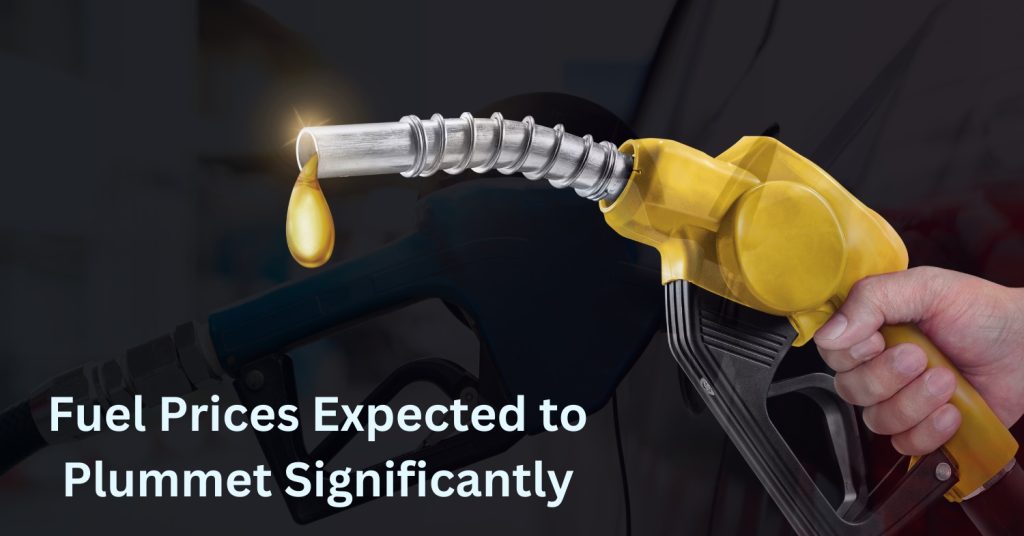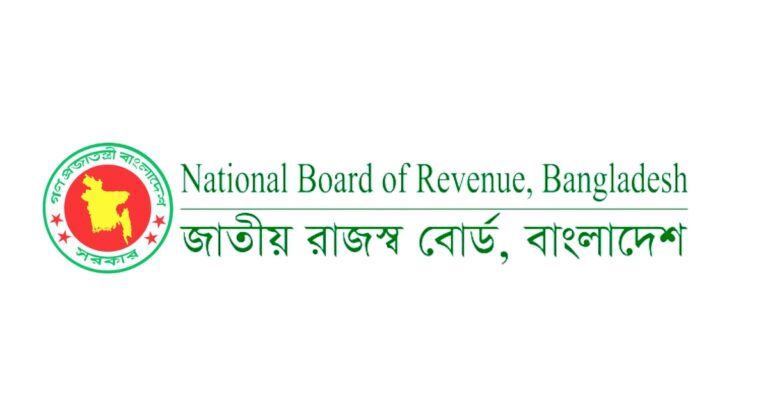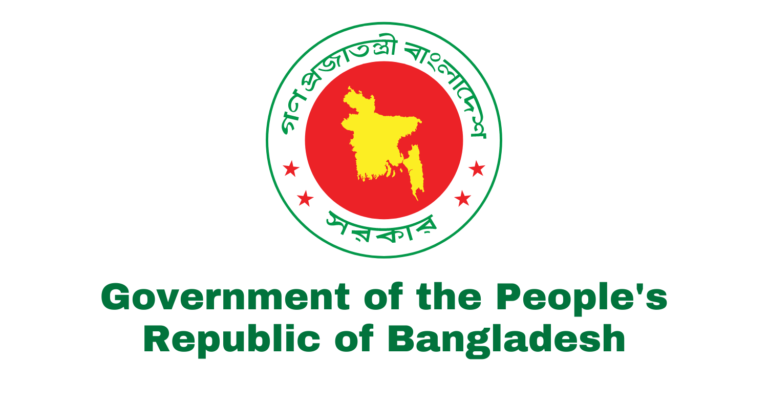Fuel Prices Expected to Decrease Significantly : A Boon for Consumers and Businesses
Fuel Prices Including Diesel, Octane and Petrol Expected to Decrease Significantly in Bangladesh
In a move poised to significantly impact the nation’s economic landscape, the government of Bangladesh is deliberating a substantial revision in fuel prices, hinting at potential reductions in rates that could be announced on a monthly basis. Anticipation is high as advertisements signaling March’s designated rates might be released imminently, foretelling a possible decrease of Tk. 4 per liter for diesel, a vital component of the country’s energy consumption.
Sources within the energy department have revealed that Bangladesh Petroleum Corporation (BPC) currently struggles to turn a profit from diesel sales, prompting contemplation for a slight adjustment in prices to potentially stimulate demand and spur economic activity. The proposed new pricing structure would see diesel and kerosene priced at Tk. 105 per liter, down from the current Tk. 109, with kerosene prices to be maintained equal to diesel to discourage its misuse in illicit activities.
The impact is expected to extend across various sectors, with octane prices likely to see a reduction to Tk. 115 per liter from the current Tk. 130, and petrol possibly being sold at Tk. 111 per liter, down from Tk. 125. This anticipated reduction in fuel prices comes amidst a backdrop of global market trends, with slight upward fluctuations observed in oil prices. However, even if diesel prices remain unchanged, octane and petrol are poised to see a marked decrease, with the Energy Department stipulating that octane will be Tk. 10 more expensive per liter than diesel, while petrol will be Tk. 4 cheaper.

The proposal for the new fuel prices has been forwarded to Prime Minister Sheikh Hasina’s office for approval by the Minister of Power, Energy, and Mineral Resources. Upon approval, advertisements for the new rates are expected to be issued promptly, signaling a new era of affordability for consumers and potentially revitalizing economic sectors heavily reliant on fuel.
The implications of such a move are manifold. Diesel, being the cornerstone of the nation’s energy consumption, constitutes a significant portion of BPC’s revenue stream, with approximately 75% of the country’s energy consumption being diesel-based. Despite the profitability of diesel sales, with BPC earning Tk. 4,586 crore in profits in the last fiscal year (2022-23), only Tk. 200 crore was remitted to the government as dividends, underscoring the potential for greater returns if price adjustments are made in line with market trends.
The initiation of an automatic pricing mechanism, initially slated for implementation last September but only now being initiated after a delay of six months, reflects the government’s commitment to adapt to changing market dynamics and ensure that consumers benefit from favorable global trends. Financial analysts suggest that the opportunity to reduce prices existed earlier, but the delay in implementation may have led to missed opportunities for consumers and businesses alike.
Jet fuel and furnace oil prices, used in aircraft and power plants, respectively, are regularly adjusted by BPC to reflect market fluctuations, underscoring the corporation’s responsiveness to global trends. However, the prices of diesel, kerosene, petrol, and octane are determined by the Energy and Mineral Resources Division, with the government now considering a more proactive approach to ensure that these prices remain aligned with global market dynamics.
To cope with inflation and rising costs, the average price of oil per barrel was raised by 42% in August 2022, reflecting the government’s recognition of the need to balance economic growth with fiscal responsibility. Following extensive deliberations, prices were reduced by Tk. 5 per liter at the end of that month, signaling a concerted effort to alleviate the burden on consumers and businesses alike.
The reduction in diesel prices is expected to have far-reaching implications, with lower expenses for bus and truck owners translating into reduced transportation costs for goods and services, potentially stimulating economic growth and enhancing the competitiveness of Bangladesh’s economy on the global stage.
Furthermore, the reduction in fuel prices is expected to have a cascading effect on other sectors, with lower transportation costs leading to reduced prices for consumer goods and services, thereby benefiting ordinary citizens and bolstering purchasing power.
In conclusion, the anticipated reduction in fuel prices heralds a new era of affordability and economic opportunity for Bangladesh, with consumers and businesses poised to benefit from lower transportation costs and increased competitiveness. As the government moves forward with its plans to revise fuel prices in line with global market trends, the stage is set for a period of sustained economic growth and prosperity for the nation and its citizens.






